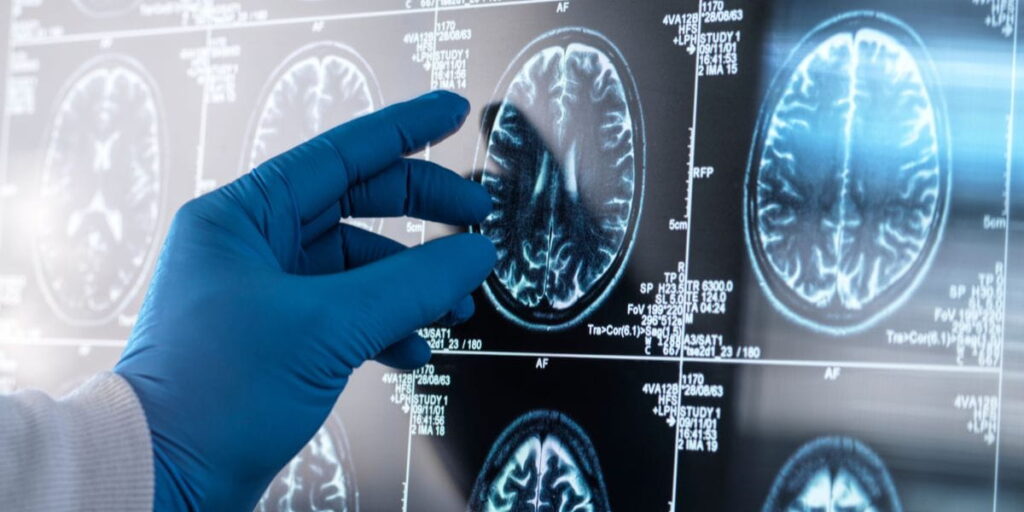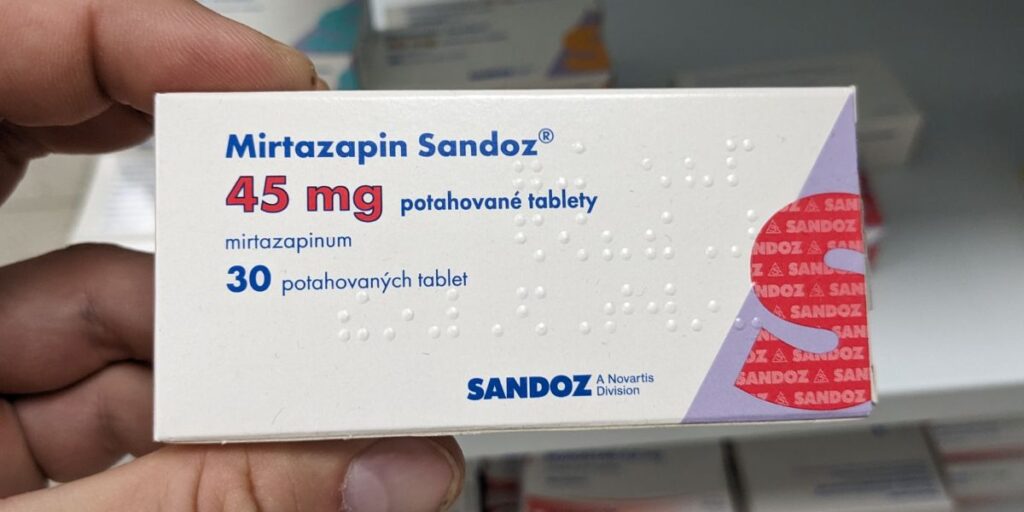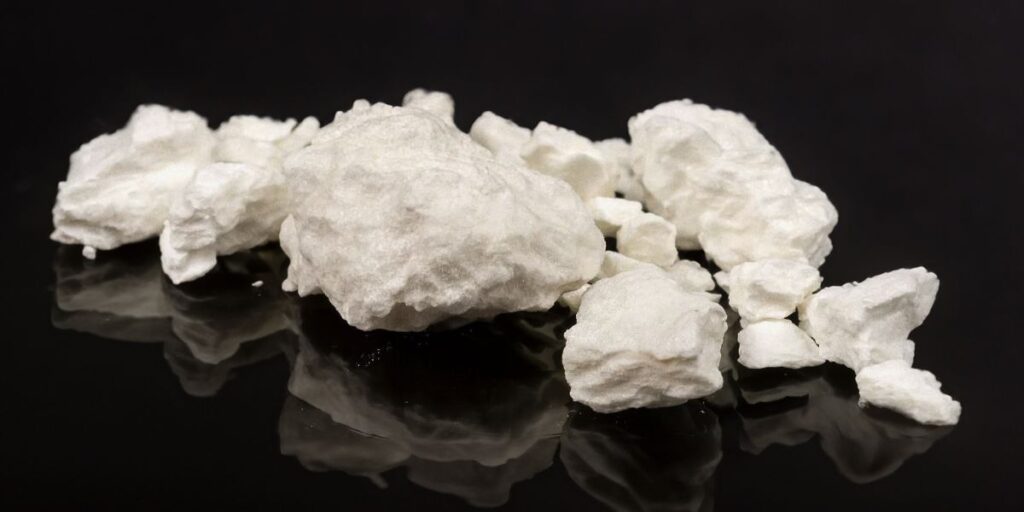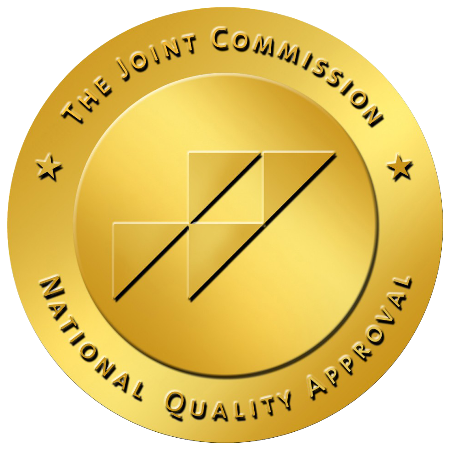Wet brain, also known as Wernicke-Korsakoff Syndrome (WKS), is a serious medical condition associated with chronic alcoholics. This condition is caused by a severe deficiency of thiamine (vitamin B1), a crucial nutrient for proper brain function. Wet brain is a form of dementia identified by memory loss, confusion, and other neurological symptoms.
What Is Wet Brain?
Wet brain, the medical term for wet brain syndrome, refers to Wernicke-Korsakoff Syndrome. This condition is a combination of two distinct syndromes: Wernicke’s encephalopathy and Korsakoff syndrome.
Wernicke’s encephalopathy is an acute phase characterized by confusion, loss of muscle coordination, and abnormal eye movements. If left untreated, it can progress to Korsakoff’s psychosis, a chronic and debilitating condition where people experience severe memory loss and an inability to form new memories.
This condition arises primarily due to prolonged alcohol abuse, which impairs the body’s ability to absorb thiamine. Thiamine deficiency, exacerbated by alcohol’s interference with nutrition absorption, leads to brain damage.
The NIAAA states that this issue is a serious health concern for long-term alcohol abusers, frequently resulting in permanent harm to the brain.

Stages of Wet Brain
The initial stage, Wernicke’s encephalopathy, is a medical emergency that requires immediate treatment. Common symptoms include:
Stage 1:
Confusion – A noticeable decrease in mental clarity and difficulty understanding the environment
Stage 2:
Ataxia – Loss of muscle coordination, which can lead to unsteady gait and difficulty walking
Stage 3:
Oculomotor Dysfunction – Abnormal eye movements, such as nystagmus (rapid eye movements) or paralysis of the eye muscles
At this stage, thiamine deficiency is at its peak, and if not treated promptly with thiamine supplementation, the condition can rapidly deteriorate. Studies show that early intervention can prevent the progression of symptoms and improve patient outcomes.
Korsakoff’s Psychosis
If Wernicke’s encephalopathy is not treated, it may progress to Korsakoff’s psychosis, including:
Anterograde Amnesia: The inability to form new memories, a hallmark symptom of this stage.
Retrograde Amnesia: Loss of previously formed memories, often affecting recent memories more severely than distant ones.
Confabulation: Making up stories to fill in memory gaps, which the person may believe to be true.
Korsakoff’s psychosis represents the more severe and long-lasting impact of the condition. The damage to the brain at this stage is often permanent, making it a critical concern for those who continue to drink heavily and neglect proper nutrition.
Wet Brain Symptoms
Wet brain symptoms differ based on the stage and seriousness of the condition. However, some common symptoms include:
- Memory Loss: Both short-term and long-term memory may be affected, with a pronounced inability to recall recent events
- Confusion and Disorientation: Difficulty understanding the environment, time, or place
- Abnormal Eye Movements: Issues such as nystagmus or double vision
- Muscle Coordination Issues: Ataxia, leading to unsteady movements and difficulty walking
- Hallucinations: In severe cases, people may experience visual or auditory hallucinations
- Changes in Personality and Behavior: Irritability, apathy, and a lack of insight into the condition
These symptoms result from the brain’s inability to function correctly due to thiamine deficiency. This is usually a direct cause of malnutrition because of drinking too much. The condition can significantly impact a person’s quality of life, leading to severe disability if not addressed.
Does Wet Brain Have a Cure?
The treatment and prognosis for wet brain depend heavily on the stage at which the condition is diagnosed and treated. In the early stage of Wernicke’s encephalopathy, timely treatment with thiamine can often reverse symptoms and prevent the progression to Korsakoff’s psychosis. Thiamine can be administered intravenously or orally, depending on the severity of the deficiency.
However, once the condition progresses to Korsakoff’s psychosis, the damage to the brain is often irreversible. Some symptoms may improve with sustained abstinence from alcohol and proper nutrition, but complete recovery is rare. The focus of treatment at this stage shifts to managing symptoms and preventing further decline.
Preventing wet brain is a crucial part of treatment and involves addressing alcohol use disorder. Maintaining a diet rich in thiamine and other essential nutrients is vital for those who stop drinking. Regular medical check-ups can also help monitor and manage emerging symptoms, reducing the risk of further complications.

Get Help for Alcohol Addiction with NATC
If you or a loved one is struggling with alcohol abuse and alcoholism, it’s essential to seek help before severe health problems develop. Northridge Addiction Treatment Center (NATC) provides compassionate, evidence-based treatment with experienced medical care.
Our treatment programs help you develop a solid foundation to recover from drug and alcohol addiction. Reach out today to speak with a caring treatment specialist. Reclaim your life with NATC.













